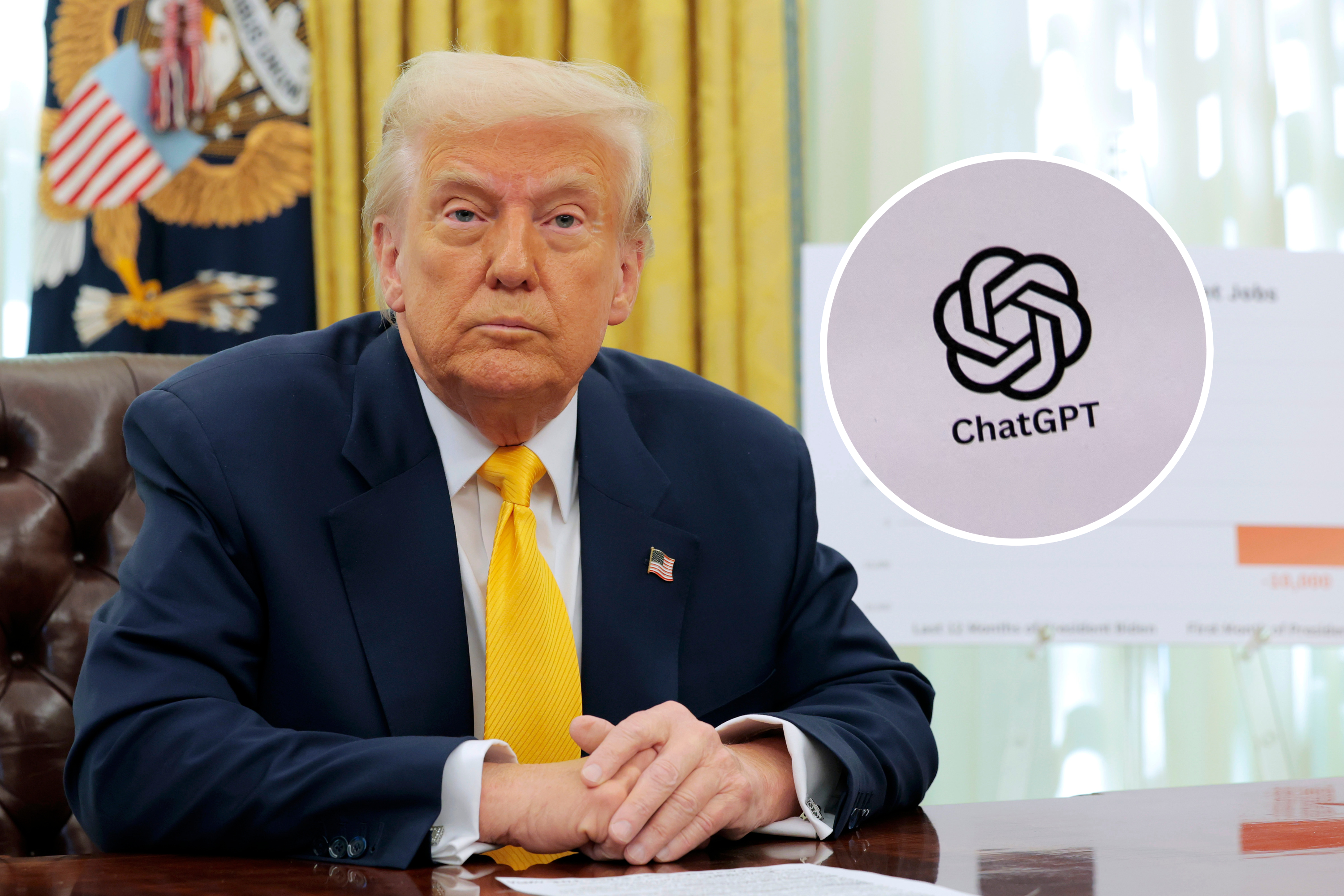Is Donald Trump Contributing to a Recession? Insights from ChatGPT and Grok

Examining Trump’s Influence on the U.S. Economy
As discussions around a potential U.S. recession grow, former President Donald Trump’s economic policies are being closely scrutinized. His administration’s approach has included implementing tariffs on various countries—namely Mexico, Canada, and China—which has raised alarms among economists and business leaders regarding the potential risks to the economy.
The Current Economic Climate
The U.S. economy is encountering significant turbulence, influenced by shifting trade policies. Trump’s strategy has involved a series of tariffs, immigration policy changes, and deregulation efforts that have spurred both optimism and concern. As stock markets react to these trade uncertainties, a debate continues over whether these policies might lead to an economic downturn or promote long-term growth.
Recent data shows that market indicators are reflecting anxiety about the economy’s future. For instance, the S&P 500 index recently saw its largest decline in a week since September. Additionally, unemployment rates have slightly increased, moving from 4.0% to 4.1% in just a month. Comparatively, the U.S. unemployment rate was significantly higher at 7.2% during the recession in December 2008.
Despite unsettling signs, Trump has defended his economic approach. In a Fox News interview, he commented on the transition period the country is experiencing, emphasizing that his policies aim to bring wealth back to America and suggesting that adjusting to these changes takes time.
Trump’s Recent Tariffs
Trump’s imposition of tariffs has not gone without resistance. Reports indicate that countries like China and Canada have retaliated, imposing their own tariffs on U.S. goods such as soybeans and pork. This rise in economic conflict raises concerns over the potential fallout on American businesses and consumers alike.
Perspectives from AI on Trump’s Economic Impact
In exploring whether Trump is causing a recession, advances in AI technology, including ChatGPT and Grok, were consulted for their insights.
Insights from ChatGPT
When prompted with the question of Trump’s influence on a potential recession, ChatGPT provided a balanced overview. It acknowledged the correlation between Trump’s tariffs and declining stock markets while also considering other factors at play. The AI noted the concerns of certain economists who believe that high tariffs can negatively affect the economy by reducing trade and increasing consumer prices.
ChatGPT also mentioned that while these policies could present immediate economic challenges, they do not necessarily guarantee a full-blown recession. The AI pointed out that offsetting factors like tax cuts and regulations could stimulate growth, leaving the likelihood of a recession a topic of ongoing debate among experts.
Insights from Grok
Similarly, Grok offered a neutral assessment. While it emphasized the complexity of economic downturns—stating that they are influenced by various elements such as consumer confidence and global trade dynamics—Grok also stressed the oversimplification of attributing a recession to a single person’s policies.
The AI broke down the potential effects of tariffs and tax cuts on the economy, recognizing that while higher tariffs could escalate production costs, they might also encourage domestic manufacturing. Grok underscored that the U.S. economy remains on a stable path, characterized by relatively low unemployment and steady consumer spending, despite higher inflation rates.
Future Economic Projections
The U.S. economy’s direction as shaped by Trump’s policies remains uncertain. Should trade tensions intensify, businesses may face rising costs that could impede consumer spending. On the flip side, if Trump’s strategies are effective in boosting domestic production and stabilizing inflation, the economy could witness continued growth despite current challenges.
As the situation develops, the broader implications of Trump’s policies will further unfold, shaping perceptions of the economy and influencing future economic strategies.




